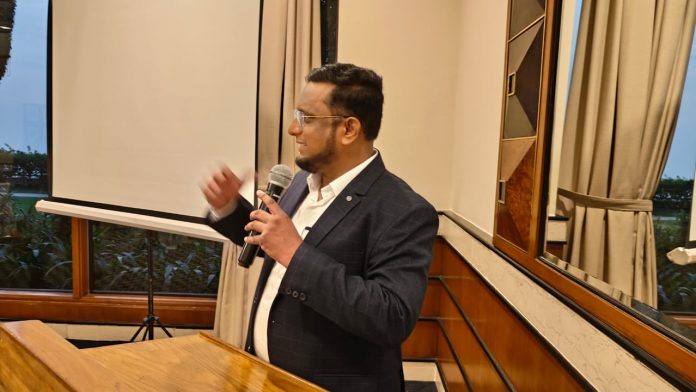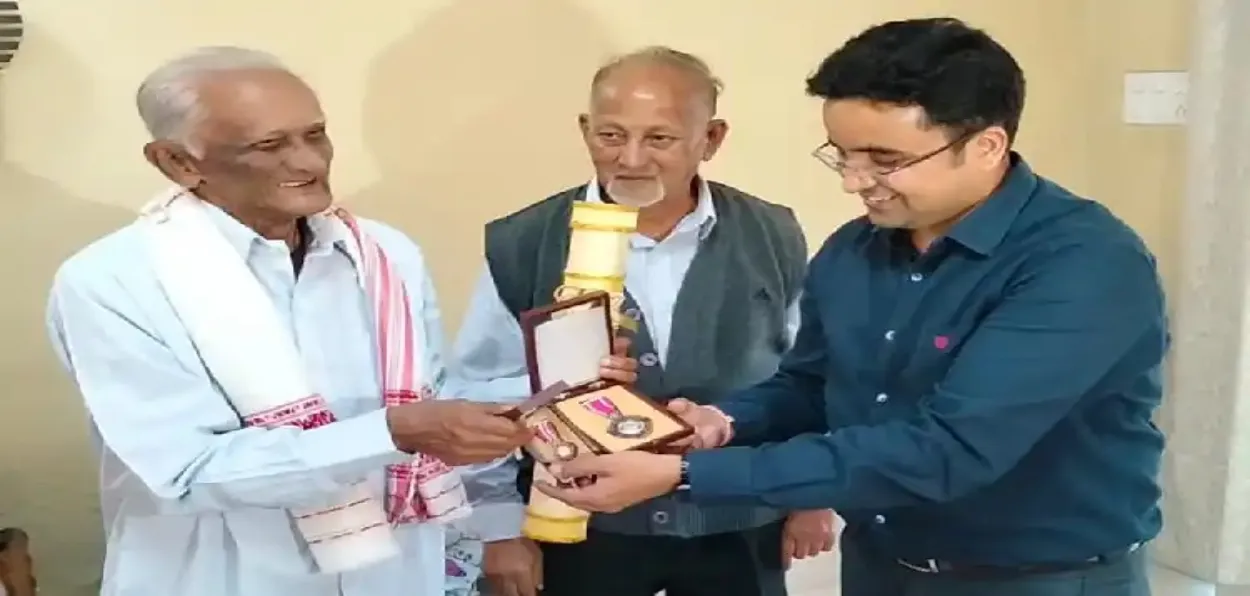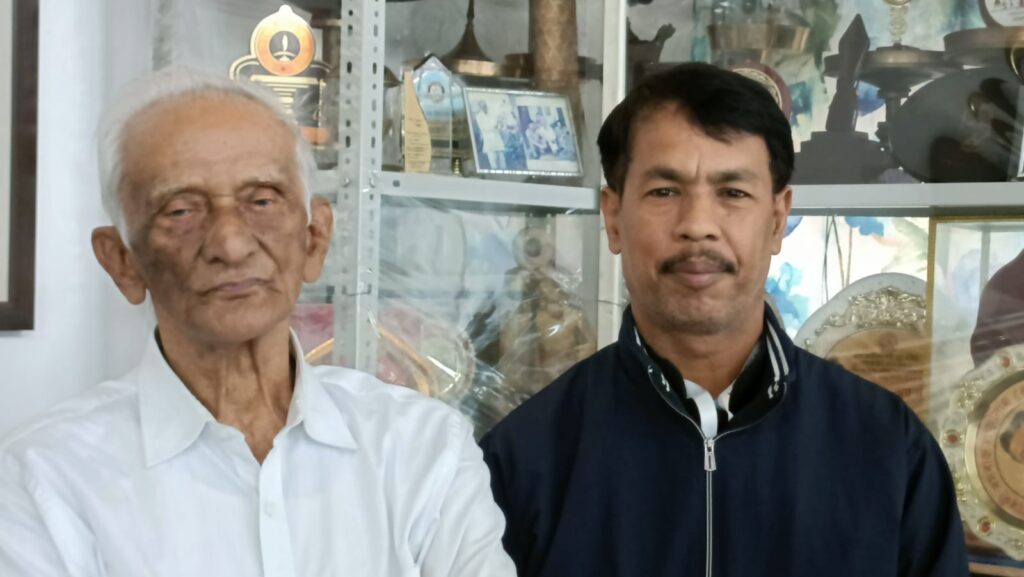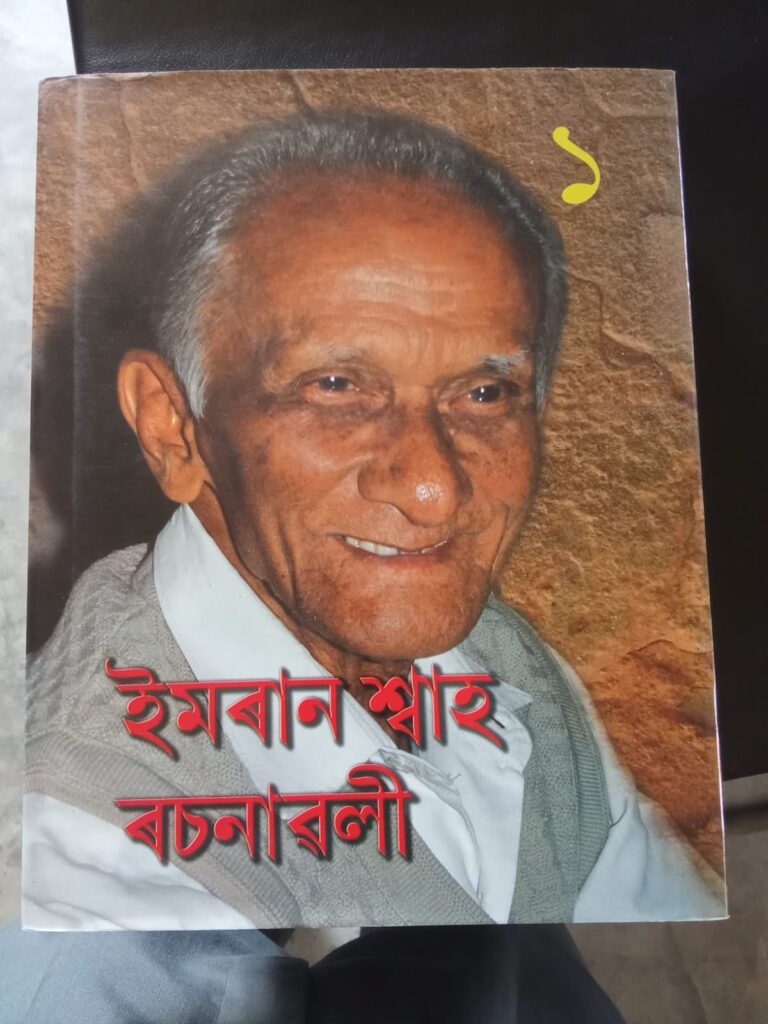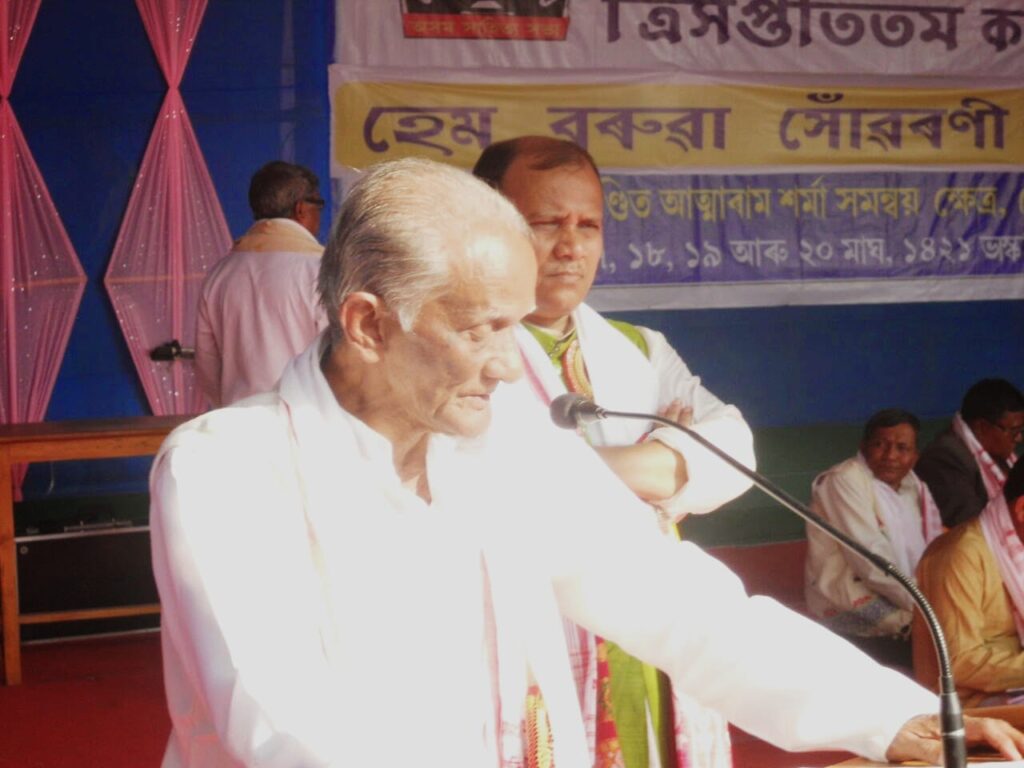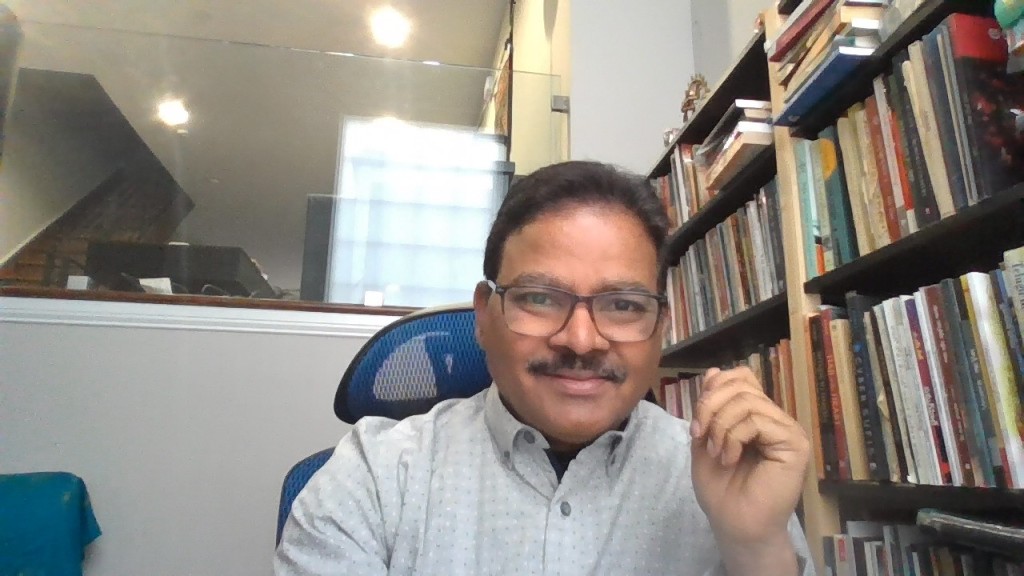Akabarabad (Agra) / Lucknow, UTTAR PRADESH:
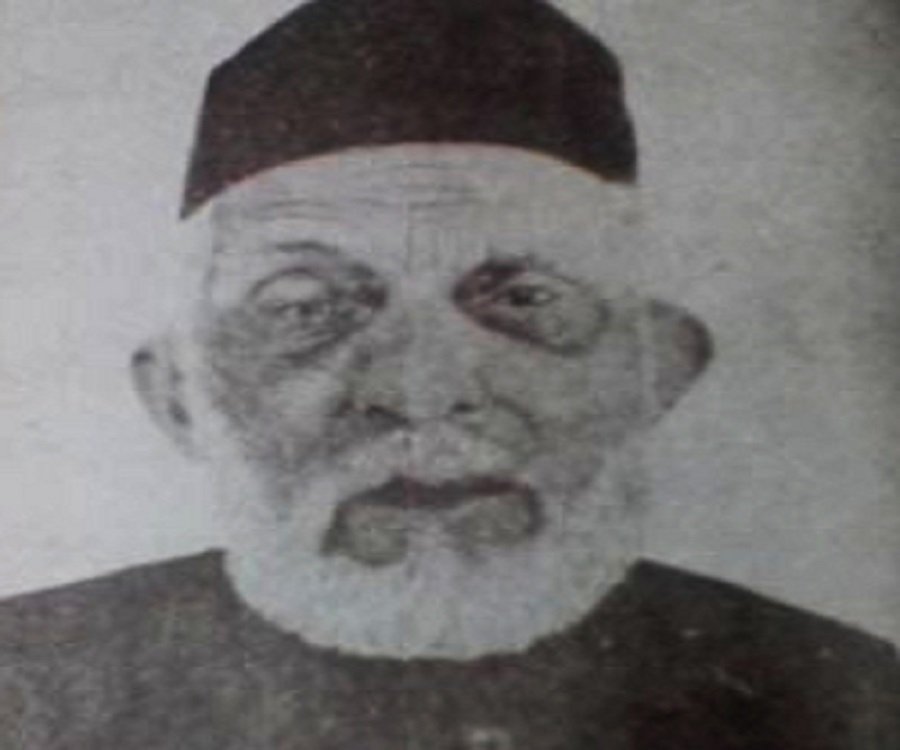
THERE is something rather endearing about a poet, whose most-quoted couplet is the deceptively simple, gently self-deprecating summation of his literary journey: “Bada shauq se sun raha tha zamana / Ham hi so gaye dastaan kehte kehte”.
If this sounds vaguely familiar to old Hindi film fans, it is because film director-producer S.U. (Samiullah) Sunny (‘Mela’, 1948; ‘Kohinoor’, 1960; and ‘Palki’, 1967, among others) was so impressed with it that he used it as a recited motto at the start of his films.
There are, fortunately, many more such lyrical gems by this gifted representative of Urdu poetry’s Lucknow school. Mirza Zakir Hussain Qizilbash ‘Saqib Lakhnavi’ (1869-1946) stands out primarily known for his ability to exalt the small things of life in polished language and make them near-proverbs.
“Jis shakhs ke jeete ji poochha na gaya ‘Saqib’/Us shakhs ke marne par utthe hain qalam kitne”, “Umeed o na-umeedi ka bahm hona wohi jaane/Ke jis ne kishtiyon ko doobhte dekha hai saahil se”, and “Mushkil-e-ishq mein lazim hai tahammul ‘Saqib’/Baat bigdi huyi banti nahin ghabrane se” are some examples.
‘Saqib’ also served as an example of the pervasive and encompassing inclusiveness of the Lucknow School. Born in Akabarabad (Agra) in January 1869, in a family that came to India from Iran during the Mughal era and was fairly prominent in Akbar’s reign, he, after initial schooling in St John’s College there, moved to Lucknow with his father and settled there.
And it was here that, ‘Saqib’ (Arabic for shining star) became the very model of a Lakhnavi shayar. Courteous and refined in demeanour, genial and convivial in temperament, adept in his craft, he was content with a life of even pace and adequate comfort so long as it was intellectually stimulating enough, and neither fame nor fortune tempted him to change.
In dire straits financially when young, he tried his hand at various jobs, including business – where major losses ended the experiment, before finally ending up in Calcutta, where he became the personal secretary of the Iranian consul. This steady job did solve most of his financial issues, but this life was not much to his taste.
When the Raja of Mahmudabad (in Sitapur, adjoining Lucknow), one of the biggest feudal estates in erstwhile Avadh, offered him a post, he took it up with alacrity and held it till his death in Lucknow in November 1946.
Taking up poetry when 15 or 16, ‘Saqib’ soon became so accomplished that several doubters tried to test him by giving him ‘misras’ (one line of a sher) to make into a couplet, or a particular metre or rhyme to construct into a ghazal. He came through all these tests with flying colours, leaving all of them awestruck at his innate talent.
Part of the neo-classical tradition, his poetry generally echoes its ethos.
This could be encompass the capriciousness of the beloved (which no Urdu poet, let alone the Lucknow school, could ever refrain from portraying) in “Kaha tak jafa husn-waalon ki sahte/Jawaani jo rehti to phir ham na rahte”, the inevitable wait for love, “Aadhi se ziadah shab-e-gham kat chuka hoon/Ab bhi agar aa jao to yeh raat badi hai” or its intoxicating nature, “Deedah dost teri chashm-numaai ki qasam/Main to samjha tha ke dar khul gaya maikhaane ka”.
Even complaints of love were typically Lakhnavi school hyperbole: “Us ke sunne ke liye jamaa huya hai mahshar/Rah gaya tha jo fasana meri rusvai ka”, or for that matter, “Bala se ho paamal sara zamana/
Na aaye tumhen paaon rakhna sambhal kar”.
Pain was another element he used, usually to evoke empathy – “Halat mere zakhmon ki sunne mein maza kya hai/Is ko wohi samjhenge jin logon ne dekha hai”, “Sunne waale ro diye sun kar mareez-e-gham ka haal/Dekhne waale taras kha kar dua dene lage”, or even, “Kis nazar se aap ne dekha dil-e-Majruh ko/Za?hm jo kuch bhar chale the phir hawa dene lage”.
‘Saqib’ also used the ‘tavern’ motif to good effect: “Janchte hai voh mera haal dil-e-naalae gham/Tu bhi toote huye sheeshe (wine goblet) ki sada ho jaata”, or “Dida-e-dost teri chasm-numai ki qasam/Main to samjha tha ki dar khul gaya maikhane ka” or
He had a fine sense of rhythm too: “Kya jaane pahal ki hai kisne wohi mahroom hai/Main hoon ke tadapta hoon dil hain ke dhadakta hai” or “Kis munh se zaban karti izhar-e-pareshani/Jab tumne meri halat soorat se na pehchani”, “Dard se ek aah bhi karne nahi dete mujhe/Maut hai asan magar marne nahi dete mujhe” and, especially “Rote rote sham huyi kab tak ashk bahayengi/Behte behte thamte hai darya aankhen bhi tham jayengi”.
However, his most favoured trope, perhaps due to his Persian antecedents, was of the “bagh” or “chaman”, as a representation of life, but for him, it was not always the paradise as the old Persians had envisaged it to be. For him, it was ostensibly a haven but more frequently a place embroiled in turmoil or otherwise threatened by forces, internal and external.
“Bu-e-gul phoolon mein rehti thi magar rah na saki/Main to kanton mein raha aur pareshan na hua” or “Baghban ne aag di jab aashiyane ko mere/Jin pe takiya tha wahi patte hawa dene lage” or “Dil apna khauf-e-asiri se mutmain kab tha/Rahe chaman mein magar ashiyan bana na sake” and several more.
In fact, ‘Saqib’, in this penchant, seemed a bit prescient – though unconsciously- in foretelling the rise of the unconscionable horrors (beginning to erupt from 1946) that would rage with greater intensity in 1947 to ravage the “garden”. Thankfully, he passed away before he could see all this.
“Kahne ko musht-e-par ki aseeri to thi magar/Khamosh ho gaya hai chaman bolta huya”, he had said – in what could have an unintended epitaph.
However, some apt advice was: “Ae chaman waalo chaman mein yun guzara chahiye/Baghban bhi khush rahe raazi rahe sayyad bhi”. Too bad, it went unheeded in that tumultuous era.
— IANS
source: http://www.clarionindia.net / Clarion India / Home> Culture> India> Indian Muslims / by Vikas Datta / May 15th, 2023
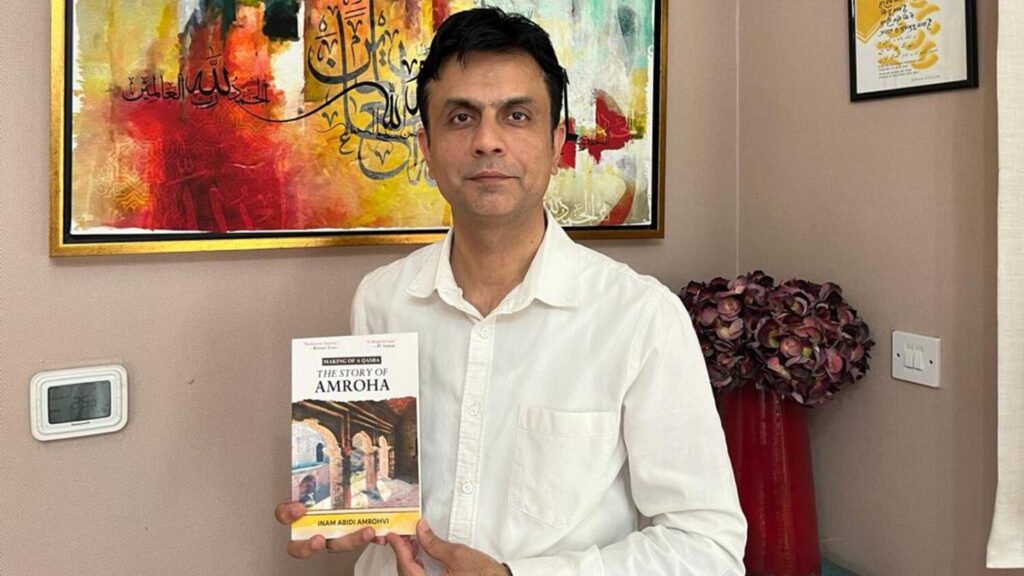
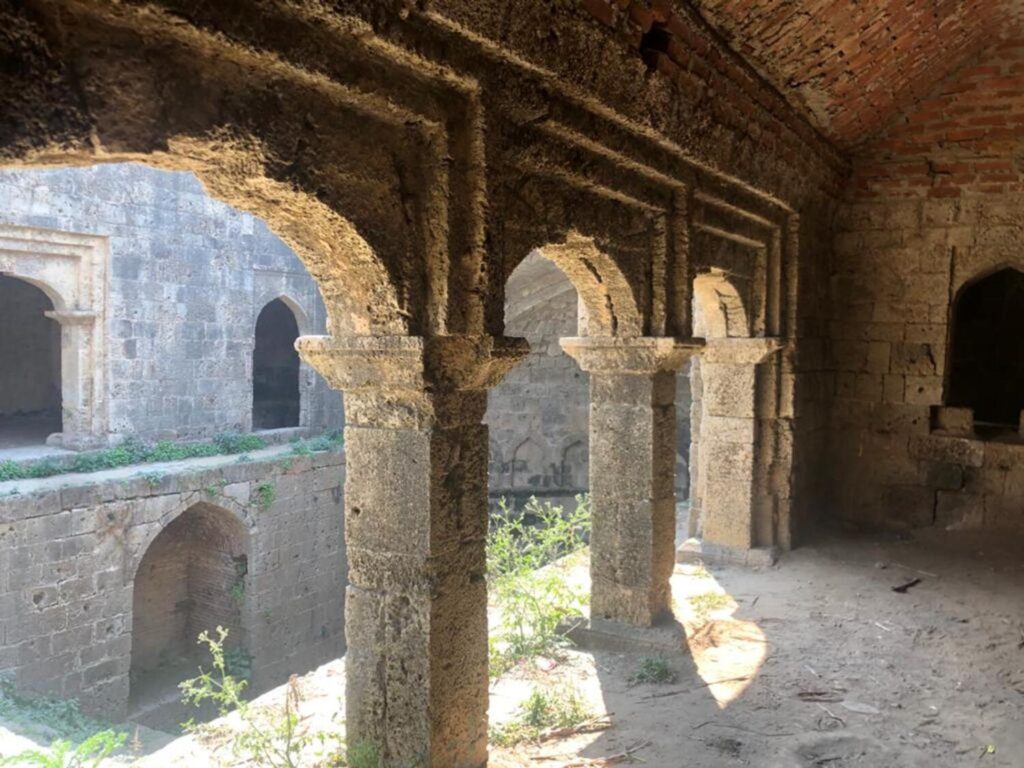
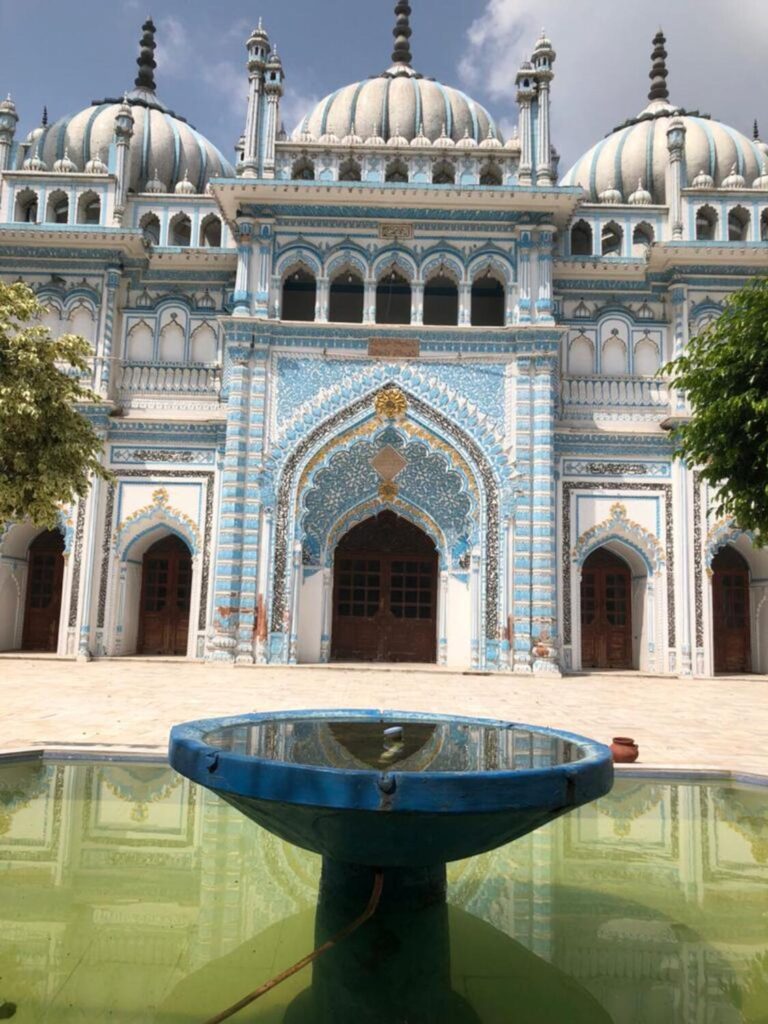
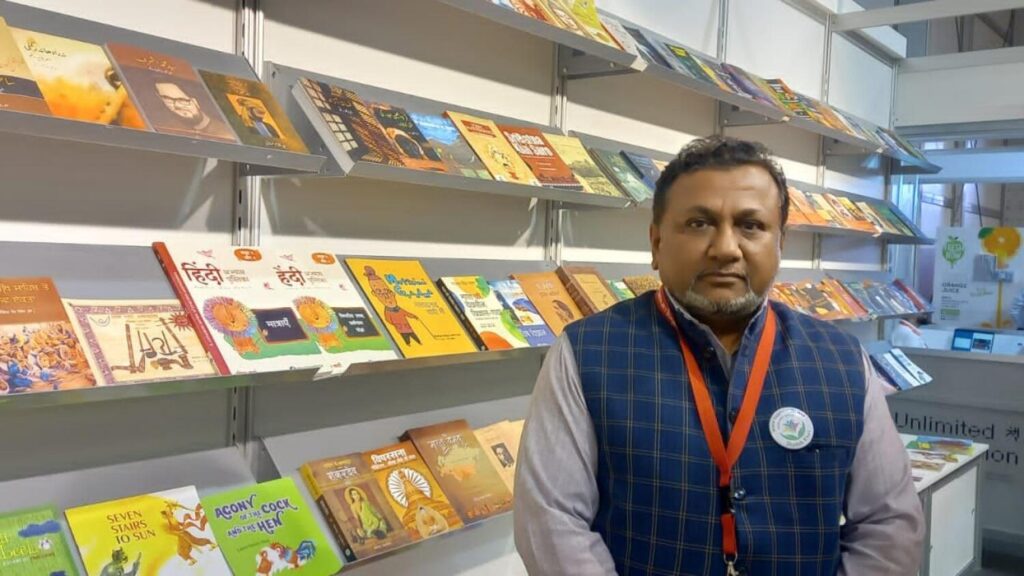
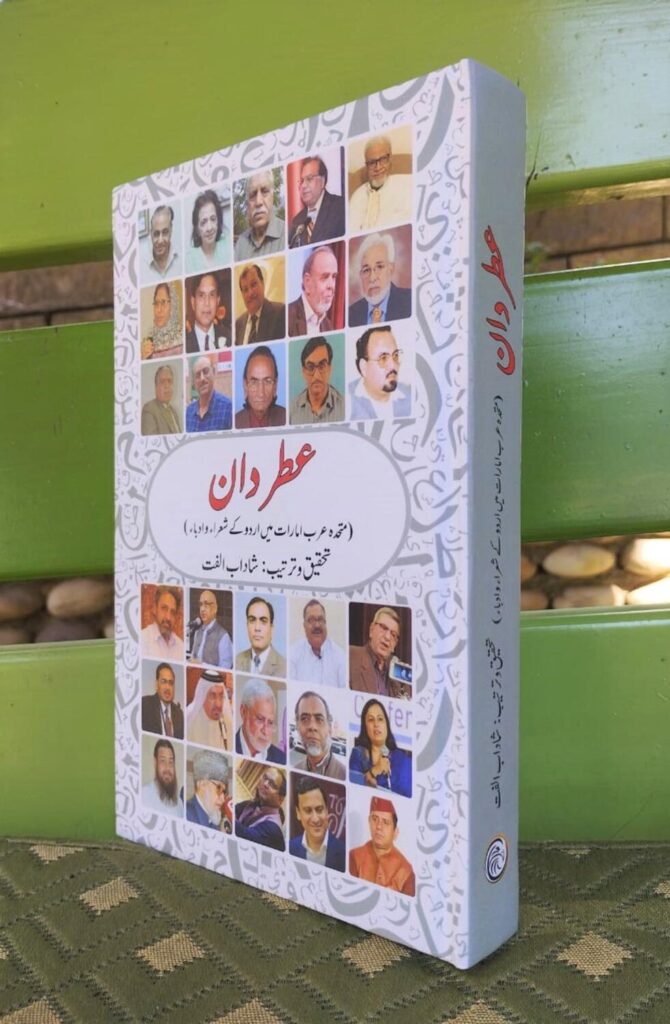
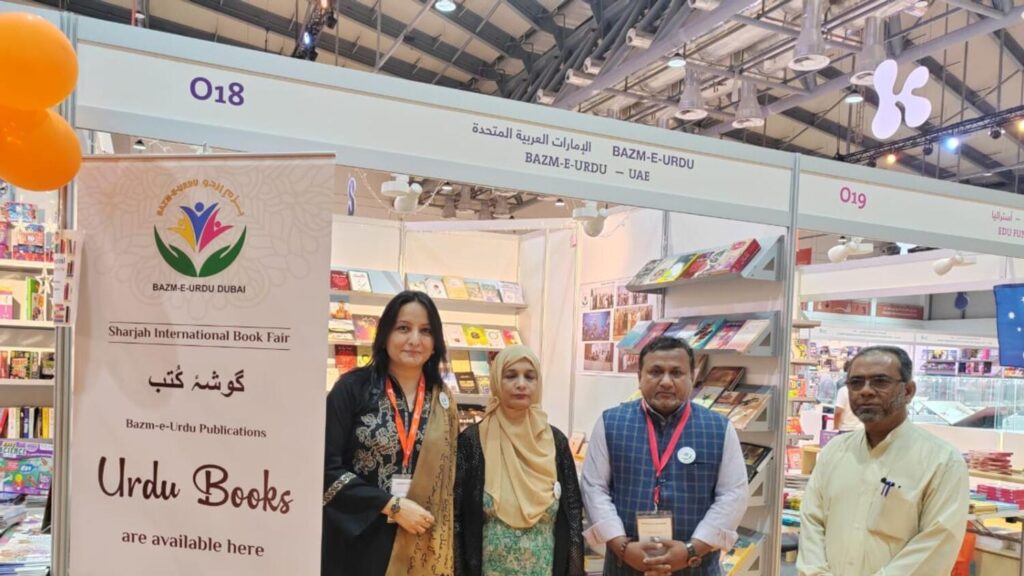
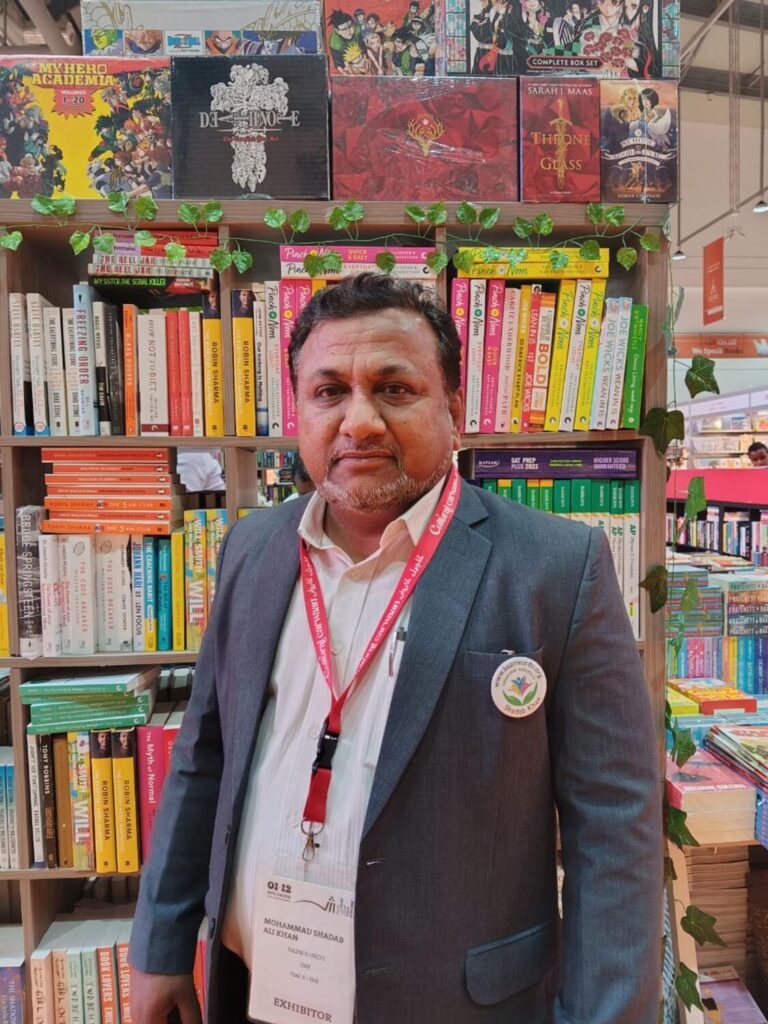
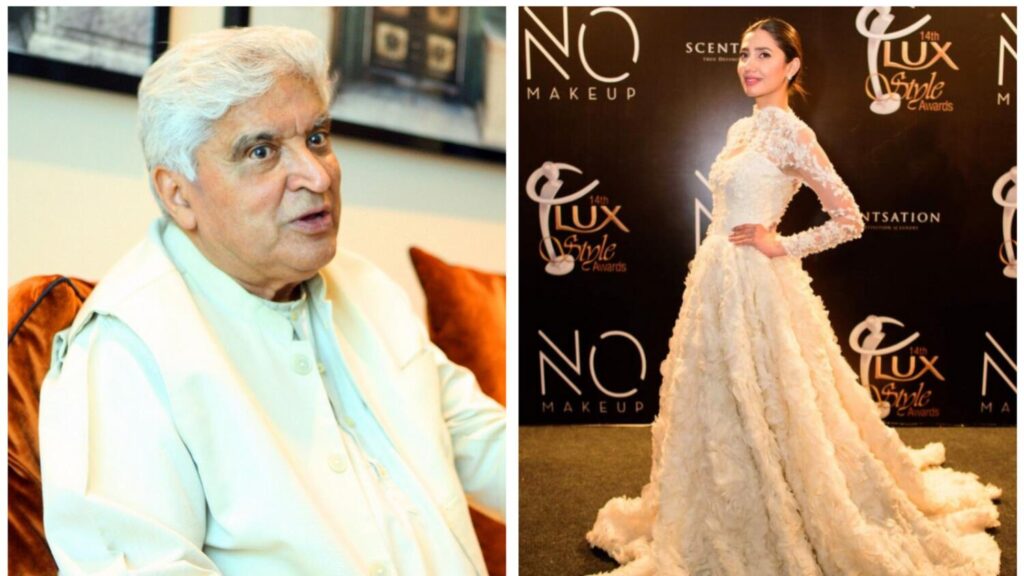
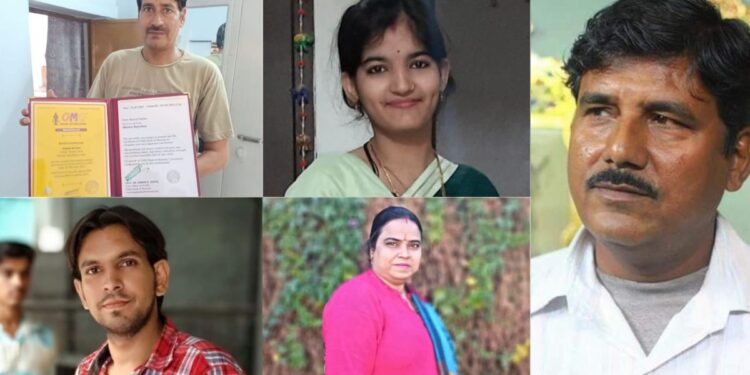
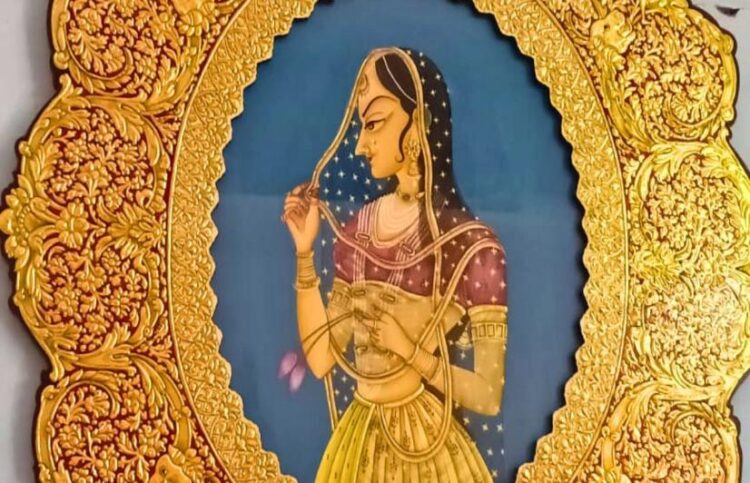
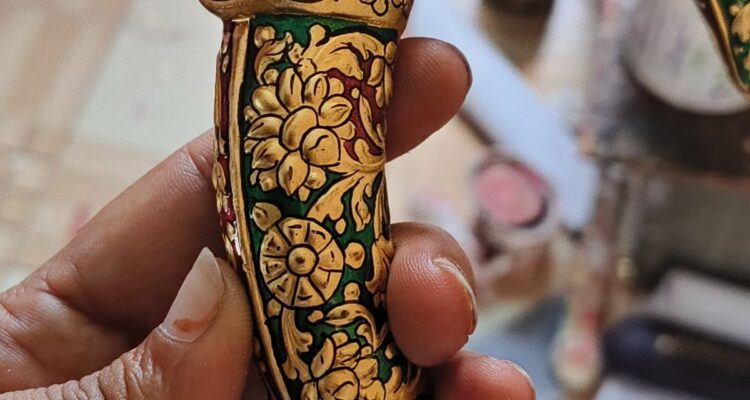

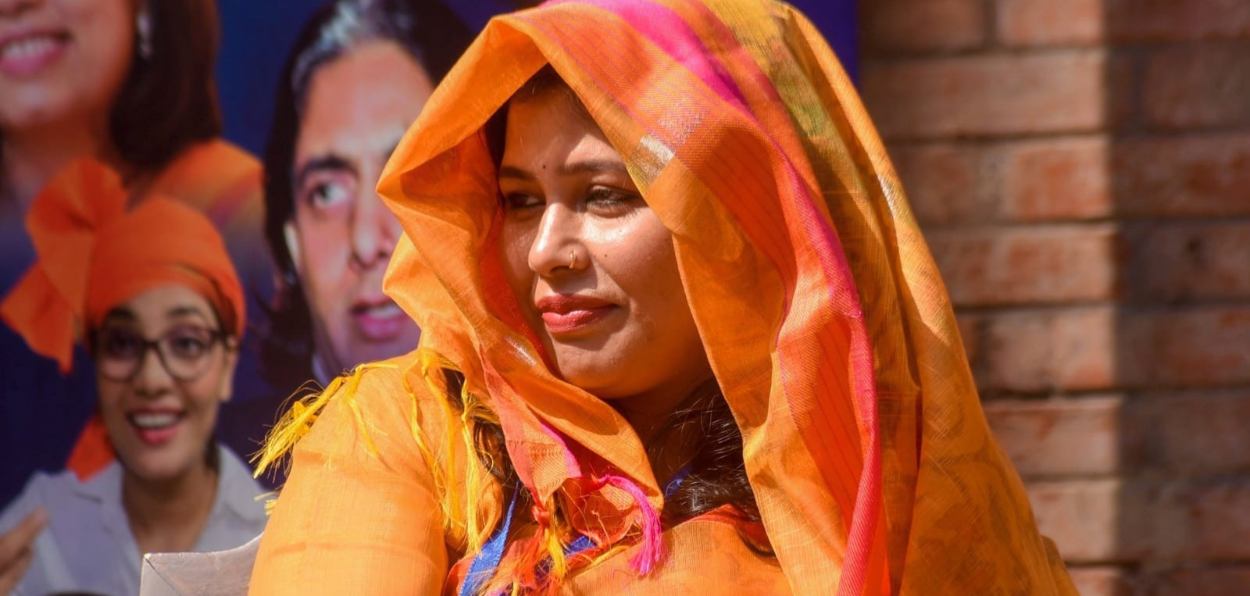
.jpeg)
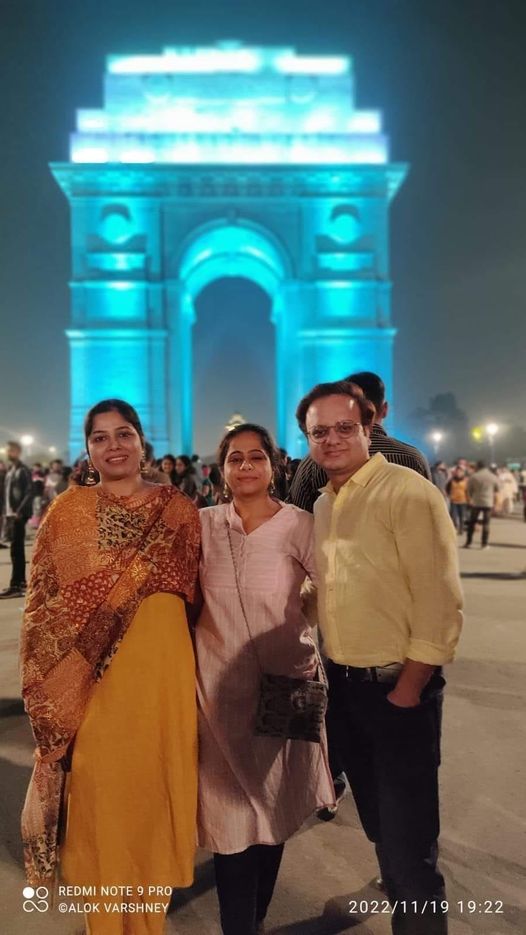
.jpeg)
